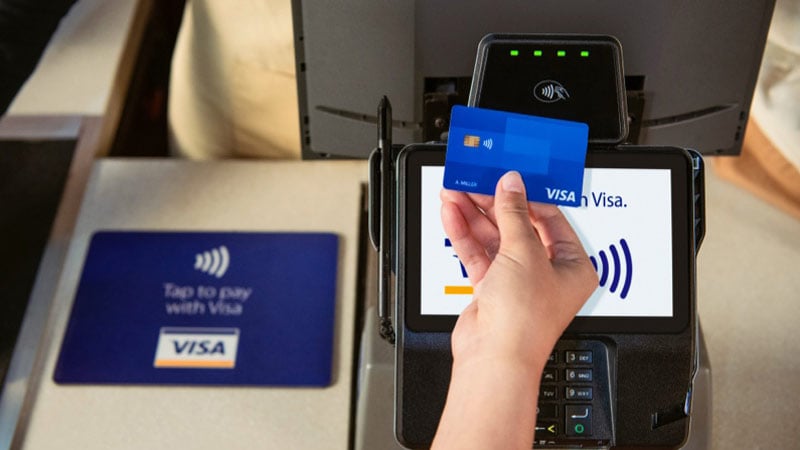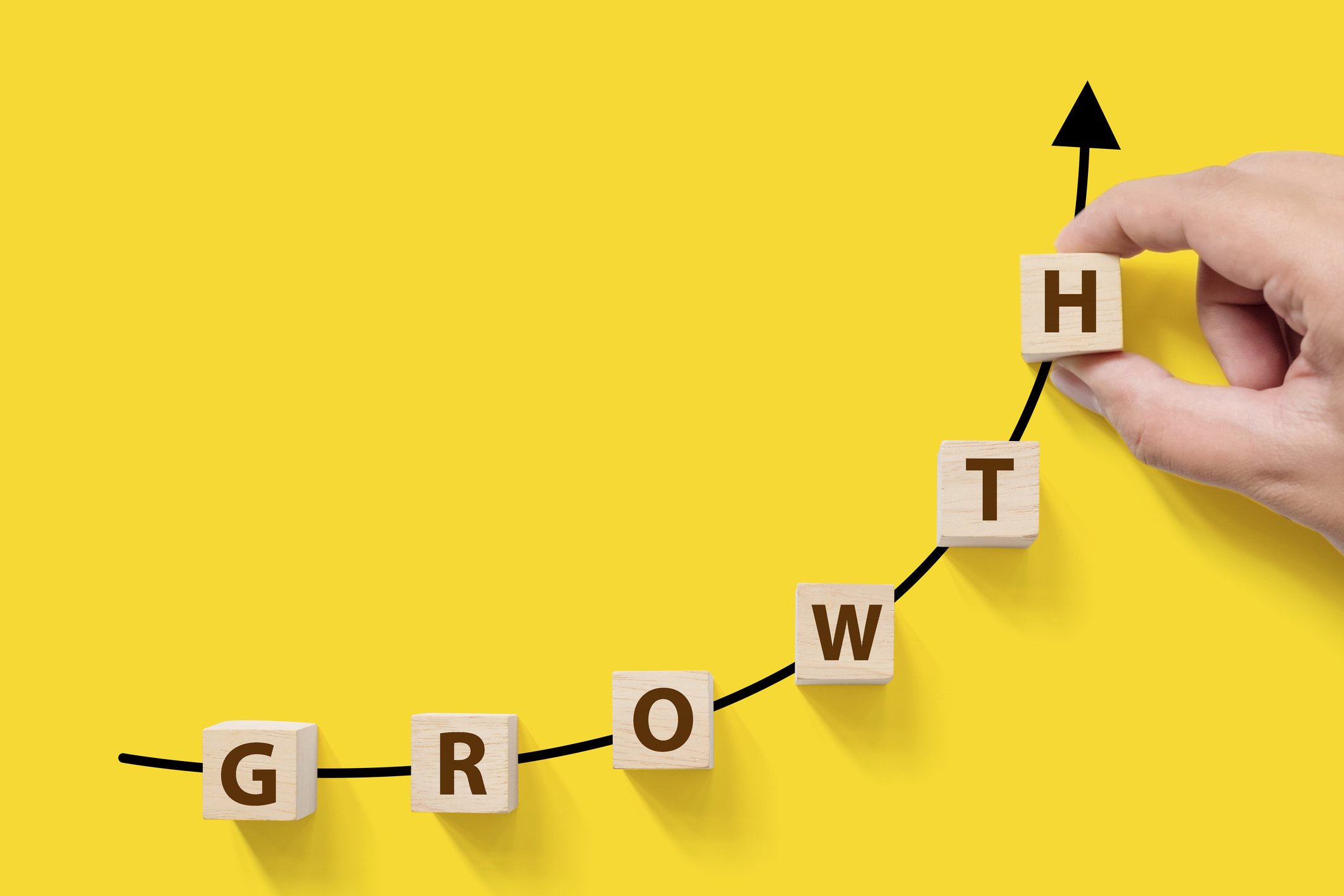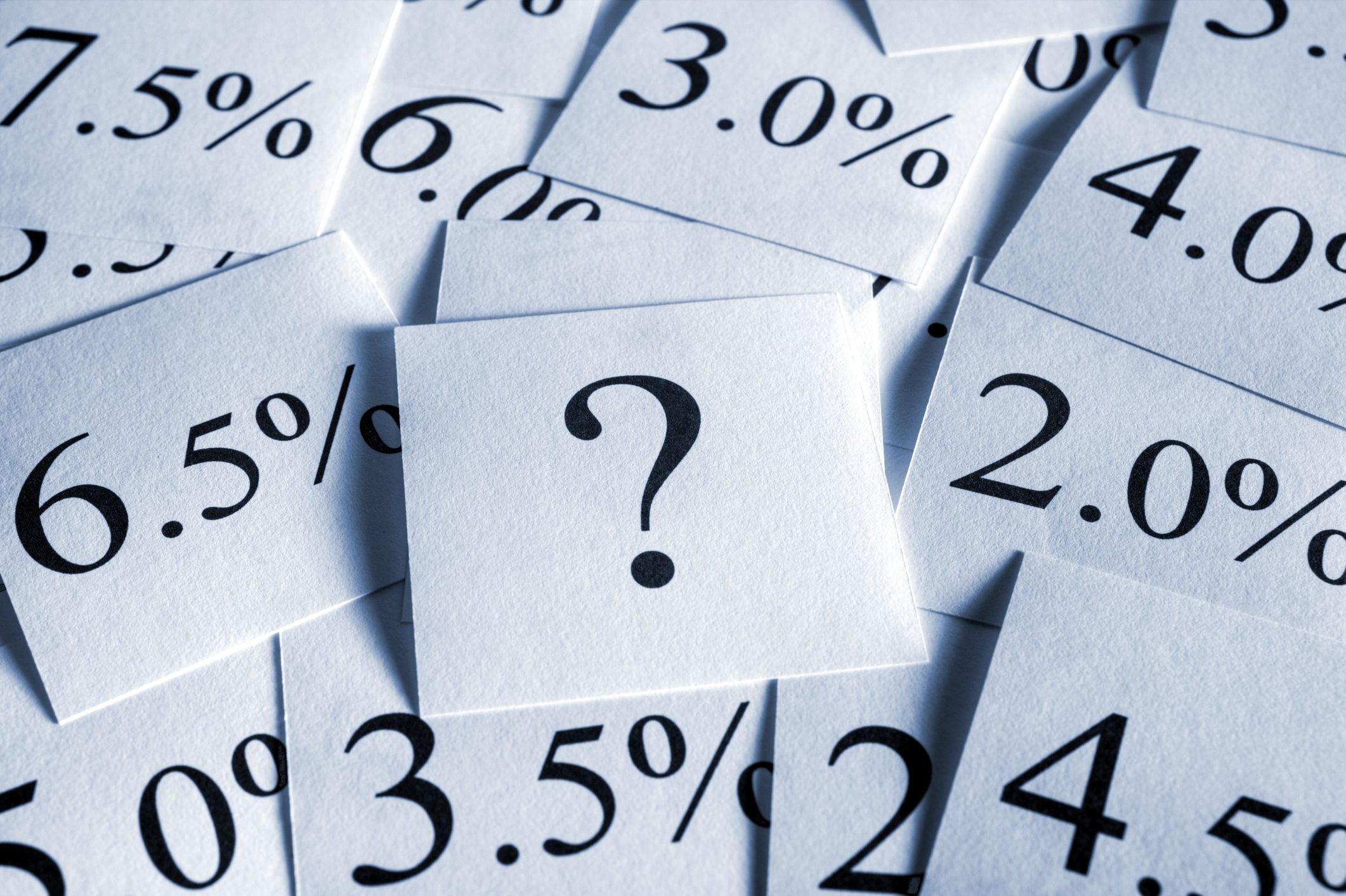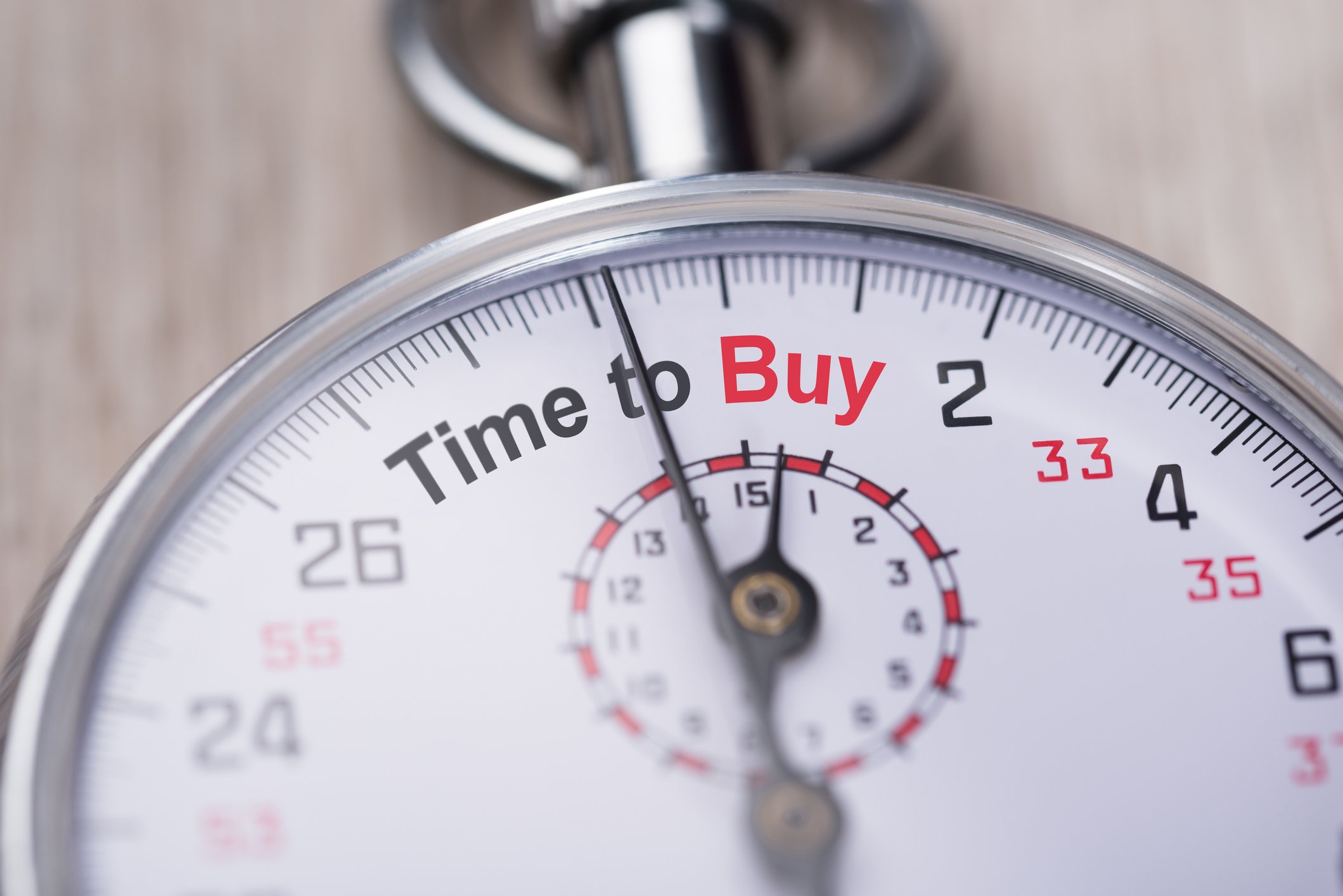
Visa (V 0.07%) recently introduced a new service that will further extend its industry dominance.
The massive question
In early July, I wrote 1 Major Question for Visa, in which I questioned the outcome of V.me -- Visa's digital wallet platform -- and the remarkably little we had heard about its success (or failure).

With all the talk of revolution in the payments industry, whether from entrenched firms like PayPal, to newcomers like Apple, much has been said by many -- including myself -- about the coming changes and opportunity.
In some ways, Visa seemed to sit idly on the sidelines, which seemed like a cause of concern.
But it turns out almost exactly one week after I wrote that article, I received my answer.
The future is here
Last week, Visa announced it would be replacing V.me with Visa Checkout. And after a dive into the details of it, this service may be the game changer it needs.
In short, Visa Checkout is a service offered to merchants which allows customers in the U.S., Canada, and Australia "to pay for goods online, on any device, in just a few clicks."
After customers create an account that securely logs their relevant checkout details, they can go to the websites of partners such as Neiman Marcus, Pizza Hut, United Airlines, or over 100 others and complete their order quickly, securely, and easily.

Source: Visa Checkout.
All customers have to do is enter their Visa Checkout username and password and then they are in turn brought straight to the order review. As a result they are no longer required to pull their credit card out of the wallet, type in its details, and enter the shipping details.
"As people around the world spend more time and money online, particularly using mobile devices, they are demanding a fast, secure and frictionless way to shop using the payment cards they already know and trust," note the CEO of Visa, Charlie Scharf, in the announcement. "Through insights provided by our cardholders, financial institutions and merchant partners, we designed an online payment experience that continues to deliver on this promise, bringing us closer to the simplicity and speed of the 'swipe' in the online world."
The reason for optimism
I know what you may be thinking -- "Patrick, how is this different from the countless other things we have seen through the years?" And to answer your question, there were four things which distinctly stood out to me.
The first is the previously discussed fact it provides benefits to consumers. It saves individuals time and energy, as often online checkouts can be a hassle. This is something we can all appreciate.

Secondly, is the fact it doesn't just benefit consumers in terms of time saved, but it also helps merchants in terms of sales saved. Recent studies showed a staggering 68% of shopping cart orders online were abandoned, and an even more incredible 86% on mobile devices weren't completed. Since it provides the benefits to consumers, it should cut those numbers down, which will help merchants.
The third point is that 180 banking partners have also agreed to partner with Visa Checkout. Ultimately, the payment industry is an intertwined network, so seeing the banks, including the big four, which are such an integral part of it, also come on board means they too believe it will succeed.
And finally, there is the fact its offered by Visa. Similar products exist -- PayPal immediately comes to mind, but many may be concerned about putting their financial information with a firm that may be secure, but ultimately has less recognition. 47% of all online spending in the first three months of the year was done using a Visa product.
The product itself may be different than what we are all used to, but if the company offering it is one we trust, we will be more likely to use it.
The bottom line
It is far too early to tell what the ultimate result of Visa Checkout will be, and only time will reveal the answer. Yet when the announcement of the product was made, Sam Sharuger, the SVP of Digital Solutions noted Visa Checkout was eCommerce at the Speed of "Swipe."
And knowing how successful the speed of the swipe has had for decades and decades, the first glance shows this may be exactly what Visa needs to propel its past success into the future.






